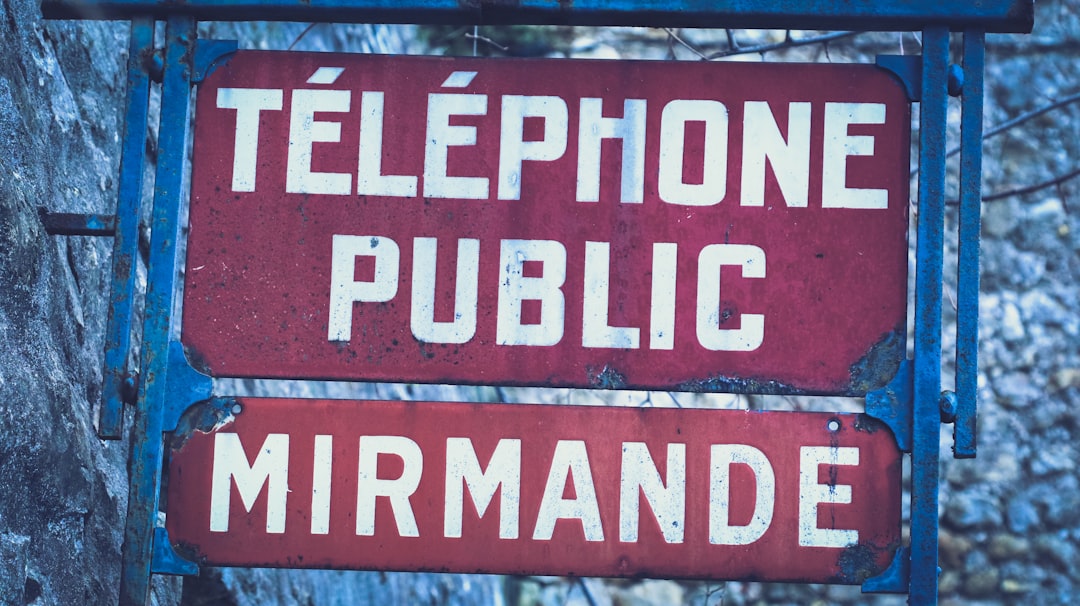California businesses using autodialers for telemarketing must comply with strict "do not call" laws and privacy regulations. Failure to verify caller lists against the state's DNCL, honor opt-outs, and obtain explicit consent can result in penalties up to $10,000 per call. Consulting a Do Not Call Lawyer California, Do Not Call Attorney California, or specialized legal expert is crucial for compliance and avoiding lawsuits, fines, and reputational damage from violations involving Do Not Call Law Firms California.
In California, understanding and adhering to autodialer regulations is paramount for businesses aiming to avoid legal pitfalls. This comprehensive guide navigates the complexities of autodialer laws, empowering business owners and marketing professionals alike. From California’s stringent Do Not Call List to key definitions and enforcement mechanisms, we demystify compliance. Discover actionable strategies to foster responsible marketing practices while avoiding violations, ensuring your business operates within legal bounds. For expert counsel, turn to a reputable Do not call lawyer California or do not call attorney California from a trusted do not call law firm California.
California's Do Not Call List: Who's Included and How to Comply

In California, businesses must adhere to strict guidelines regarding telemarketing practices and consumer privacy, especially when it comes to the state’s Do Not Call List (DNCL). This list is a powerful tool for residents who wish to curb unwanted phone calls from various sources, including law firms, attorneys, and legal professionals offering their services. The DNCL includes telephone numbers of consumers who have requested that their information be excluded from automated or prerecorded telemarketing calls.
To comply with California’s regulations, businesses engaging in outbound marketing calls must verify the accuracy of their caller lists by cross-referencing them against the state’s DNCL. If a number is on the list, it’s crucial to implement measures to prevent any calls from being initiated to that specific phone line. Businesses should also be prepared to honor opt-out requests and promptly remove numbers from their call lists upon such requests. Engaging a do not call lawyer California or consulting with a legal expert specializing in this field can help businesses navigate these regulations effectively and avoid potential penalties.
Autodialer Regulations: Key Definitions and Legal Requirements

In California, autodialer regulations are a crucial aspect of consumer protection laws, particularly concerning unsolicited telephone marketing calls, often referred to as “do not call” laws. The key term here is ‘autodialer’, which refers to any automatic dialing device or system used to place outgoing telephone calls in bulk. These regulations aim to prevent harassment and ensure respect for residents’ privacy. Businesses operating in California must understand that using an autodialer to make telemarketing calls requires strict adherence to specific legal requirements.
The California “Do Not Call” laws, as outlined by the Consumer Legal Remedies Act (CLRA) and implemented by the California Attorney General, prohibit automated or pre-recorded calls to telephone numbers listed on the state’s Do Not Call list. This includes calls from law firms, attorneys, or any legal entity engaging in telemarketing activities. Businesses must obtain explicit consent before autodialing and provide a clear opt-out mechanism during each call. Failure to comply can result in significant penalties, making it imperative for companies to seek legal counsel, such as a California do not call lawyer, to navigate these complex regulations effectively.
Business Practices: Avoiding Violations Through Responsible Marketing

In California, businesses must adhere to strict regulations when utilizing autodialers for marketing purposes. One of the primary considerations is to respect consumer privacy and avoid unwanted calls. Businesses should implement responsible marketing practices, ensuring they obtain explicit consent before initiating any automated phone calls. This includes clear and concise opt-in mechanisms, allowing potential clients to easily choose whether they want to receive promotional messages.
Avoiding violations related to the “Do Not Call” laws is crucial for businesses in California. Marketers should maintain accurate records of consumer preferences, promptly update their call lists to exclude any “Do Not Call” registrants, and ensure their autodialer systems are equipped with features that comply with these regulations. By prioritizing responsible marketing strategies, companies can safeguard their operations and build trust with their customers, steering clear of potential legal issues surrounding the “Do Not Call Lawyer California” or similar prohibitions.
Enforcement and Penalties: What Happens If You Break the Rules

In California, compliance with autodialer regulations is taken very seriously. The state’s Attorney General’s office enforces these laws, which are designed to protect consumers from unwanted telephone solicitations. If a business violates these regulations by engaging in automated or prerecorded calls without proper consent, they can face significant penalties. Fines can range up to $10,000 per call, and the state may also seek injunctive relief to stop the illegal practices.
Businesses found guilty of violating the Do Not Call laws, including those involving autodialers, could face legal repercussions. This includes lawsuits from affected consumers and potential damage to their reputation. To avoid these issues, businesses operating in California should ensure they have all necessary permissions and comply with the state’s guidelines for automated calling. Remember, seeking legal counsel from a specialist in California’s Do Not Call laws can help prevent costly mistakes and ensure your business operates within the law.






